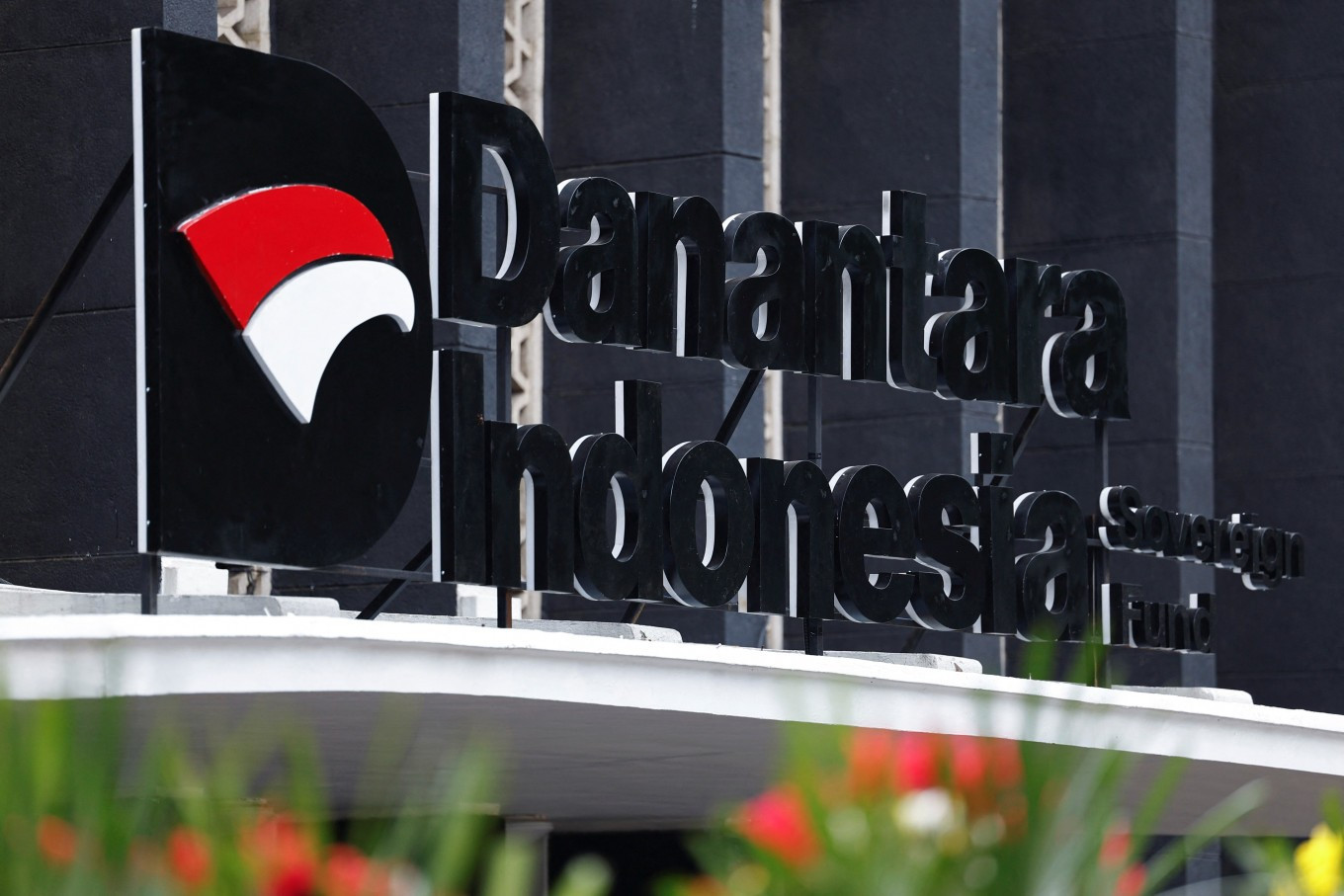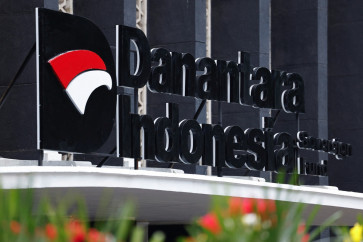Popular Reads
Top Results
Can't find what you're looking for?
View all search resultsPopular Reads
Top Results
Can't find what you're looking for?
View all search resultsAnalysis: Danantara’s planned corporate actions rife with contradictions
Change text size
Gift Premium Articles
to Anyone
I
ndonesia’s new sovereign wealth fund (SWF) Danantara has announced plans to invest up to US$5 billion from the $7.5 billion in dividends it collects from state-owned enterprises (SOEs) this year to fund projects that promise both high financial returns and significant economic impact. However, observers remain skeptical that the fund’s planned corporate actions will deliver the promised performance.
Danantara has identified eight sectors it expects to generate high returns while contributing to the national economy: minerals, renewable energy, digital infrastructure, health care, financial services, utility infrastructure, industrial zones and food. Despite this promising outlook, it also plans to invest in troubled SOEs, raising concern about whether this aligns with its stated objective of high returns.
Among the most controversial of these is Danantara’s planned $500 million capital injection for flag carrier Garuda Indonesia. The airline, which received Rp 7.5 trillion in state capital injection (PMN) in 2022, continues to post disappointing results. Its net income plunged from a $251.9 million profit in 2023 to a $69 million loss in 2024. By contrast, regional competitor Singapore Airlines has rebounded strongly since the COVID-19 pandemic, posting a record net profit of $2.8 billion in the 2024-2025 fiscal year after posting $2.7 billion the previous year.
The fund is moving to rescue Garuda because the PMN option has been exhausted, leaving Danantara as the national airline’s only viable lifeline. This has raised a question as to whether the fund’s investments are guided by sound financial strategy or by political necessity.
Another corporate action that has drawn attention is Danantara’s plan to acquire Bank Syariah Indonesia (BSI), the nation’s largest Islamic bank. Currently owned by Bank Mandiri (51.47 percent), Bank Negara Indonesia/BNI (23.24 percent) and Bank Rakyat Indonesia/BRI (15.38 percent), BSI is seen as a key player in developing Indonesia’s sharia finance ecosystem. The acquisition is intended to give BSI greater operational independence to avoid conflicts of interest with its current parent banks. However, it remains unclear if the acquisition will involve any actual capital outlay from Danantara.
While the planned acquisitions might benefit struggling entities like Garuda, they might also come at a cost to well-performing SOEs. Recent shareholder meetings of major SOEs have revealed a trend toward higher dividend payout ratios, seemingly to accommodate Danantara’s capital needs. Telkom Indonesia, for instance, raised its payout ratio to 89 percent this year from 72 percent last year, even as its net profit margin fell from 16.5 percent to 15.8 percent. Bank Mandiri similarly increased its payout ratio to 78 percent, compared to an average 60 percent over the past five years.
While higher dividend payouts increase returns for shareholders, including Danantara, they also reduce SOEs’ capacity to reinvest in long-term growth, potentially undermining their future competitiveness.



















